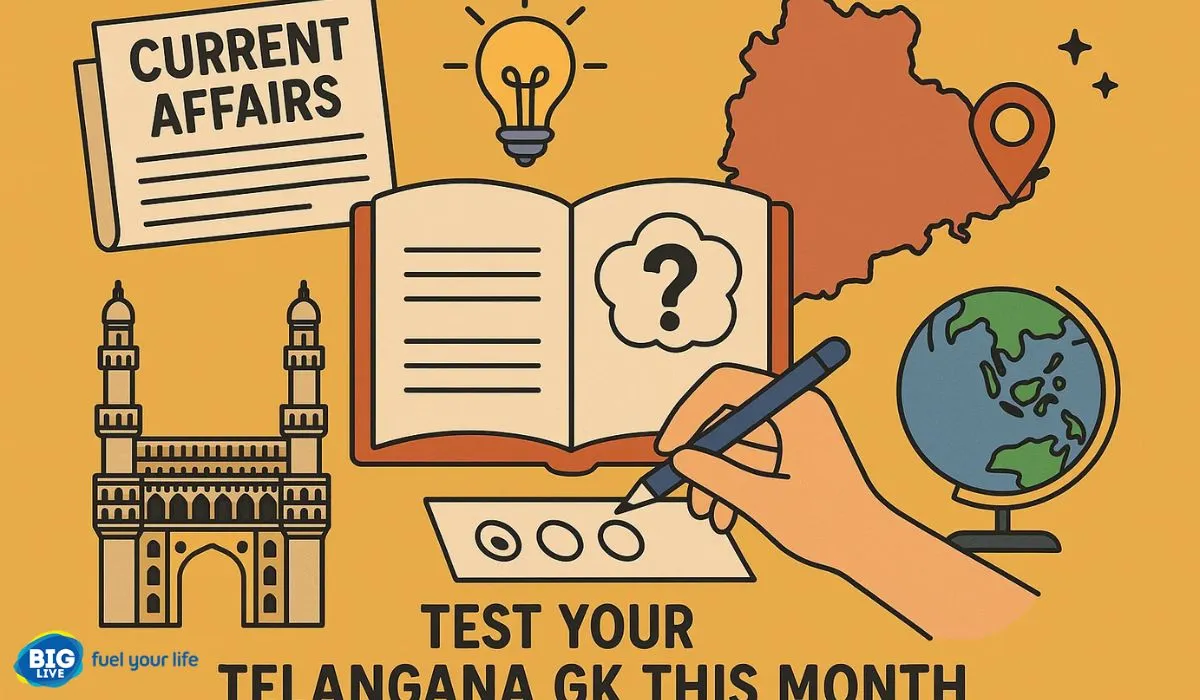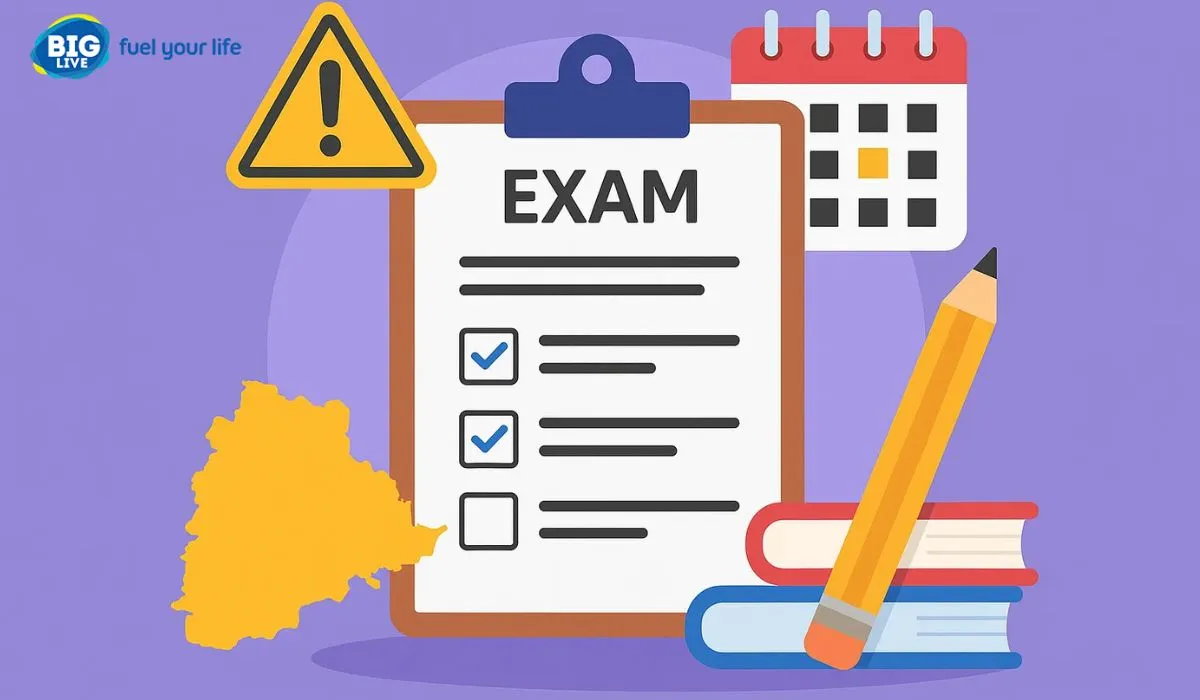Board exams can feel scary. I remember sitting in my room, looking at huge piles of books. My heart was beating fast. But guess what? I learned some amazing tricks that helped me pass with flying colors! Let me share my journey and the time management strategies that changed everything for me.
Why Time Management During Board Exams Matters So Much
When I started preparing for my board exams, I made a big mistake. I thought I had lots of time. But days passed quickly. Soon, I was panicking!
That's when I realized something important. Effective time management isn't just about studying hard. It's about studying smart. Good time planning helps you:
- Feel less stressed and worried
- Remember things better
- Get better grades
- Have time for breaks and fun too
My Top Best Time Management Techniques During Board Examinations
Creating a Smart Study Schedule
The first thing I did was make a study plan. But not just any plan - a smart study timetable that actually worked!
I wrote down all my subjects. Then I gave more time to harder topics. Math got three hours, but art got only one hour. This exam preparation strategy helped me focus on what mattered most.
Here's what worked for me:
- Morning hours for tough subjects like math
- Afternoon time for reading subjects
- Evening hours for revision and practice
Using the Pomodoro Method for Better Focus
I discovered this cool trick called the Pomodoro technique. It sounds fancy, but it's super simple!
I would study for 25 minutes, then take a 5-minute break. After four rounds, I took a longer 30-minute break. This focused study method kept my brain fresh and happy.
My little breaks included:
- Drinking water or juice
- Walking around the house
- Talking to my pet
- Doing some stretches
Smart Ways to Organize Study Materials
Before learning these techniques, my desk was a mess. Papers everywhere! Books scattered around! Finding things took forever.
Then I learned about study organization tips. I created separate folders for each subject. I used different colored pens for different topics. This systematic approach saved me hours every week.
Time Allocation Strategies That Actually Work
The 80/20 Rule for Board Exam Success
My teacher taught me something called the 80/20 rule. It means 80% of your marks come from 20% of the topics. Smart, right?
I made a list of important exam topics that appeared every year. These got most of my attention. This priority-based learning approach boosted my confidence quickly.
Daily and Weekly Planning Methods
I learned to plan my days and weeks carefully. Every Sunday, I would sit down and make a weekly study plan. Every night, I planned the next day.
This structured learning approach included:
- What subjects to study
- How much time for each topic
- When to take practice tests
- Time for hobbies and friends
Stress Management During Exam Preparation
Balancing Study Time and Rest Periods
At first, I thought studying 12 hours a day would make me super smart. Boy, was I wrong! I got tired, grumpy, and couldn't remember anything.
Then I learned about work-life balance during exams. I started including fun activities in my schedule. Playing games, watching movies, and talking with friends actually helped me study better!
Healthy Habits for Better Time Management
My mom always said, "A healthy body means a healthy mind." She was absolutely right!
I started:
- Sleeping 8 hours every night
- Eating healthy snacks while studying
- Drinking lots of water
- Exercising for 30 minutes daily
These productive study habits gave me more energy to focus.
Last-Minute Preparation Strategies
Quick Revision Techniques
Even with good planning, sometimes you need last-minute study tips. Here's what saved me during crunch time:
- Flash cards for quick memory checks
- Mind maps to connect different ideas
- Summary notes written in my own words
- Practice papers to test my knowledge
Managing Exam Day Time Effectively
On exam day, time management becomes super important. I learned to:
- Read all questions first
- Start with easy questions
- Keep track of time
- Save time for checking answers
Digital Tools and Apps for Better Organization
Technology became my best friend! I used simple apps to track my progress. Study apps and time tracking tools helped me stay on schedule.
Some helpful tools included:
- Phone timers for study sessions
- Calendar apps for planning
- Note-taking apps for quick ideas
- Progress tracking apps to see improvement
Frequently Asked Questions
Q: How many hours should I study during board exams?
A: I found that 6-8 hours of focused study works better than 12 hours of tired studying. Quality beats quantity every time!
Q: What if I fall behind my study schedule?
A: Don't panic! I adjusted my plan when needed. It's better to have a flexible schedule than no schedule at all.
Q: How do I handle multiple subjects in one day?
A: I used the subject rotation method. I studied different subjects in small chunks. This kept my brain interested and active.
Q: Should I study at night or morning?
A: I'm a morning person, so I studied tough subjects early. But some friends preferred nights. Find what works for your body clock!
Q: How important are breaks during study time?
A: Super important! Breaks helped me remember things better. My brain needed time to process new information.
Final Thoughts
Learning these best time management techniques during board examinations changed my whole exam experience. I went from being stressed and worried to feeling confident and prepared. Remember, every student is different. Try these methods and see what works for you. Start early, stay consistent, and don't forget to be kind to yourself. You've got this! With good planning and smart studying, board exams can become much easier. Trust me, if I could do it, so can you!













